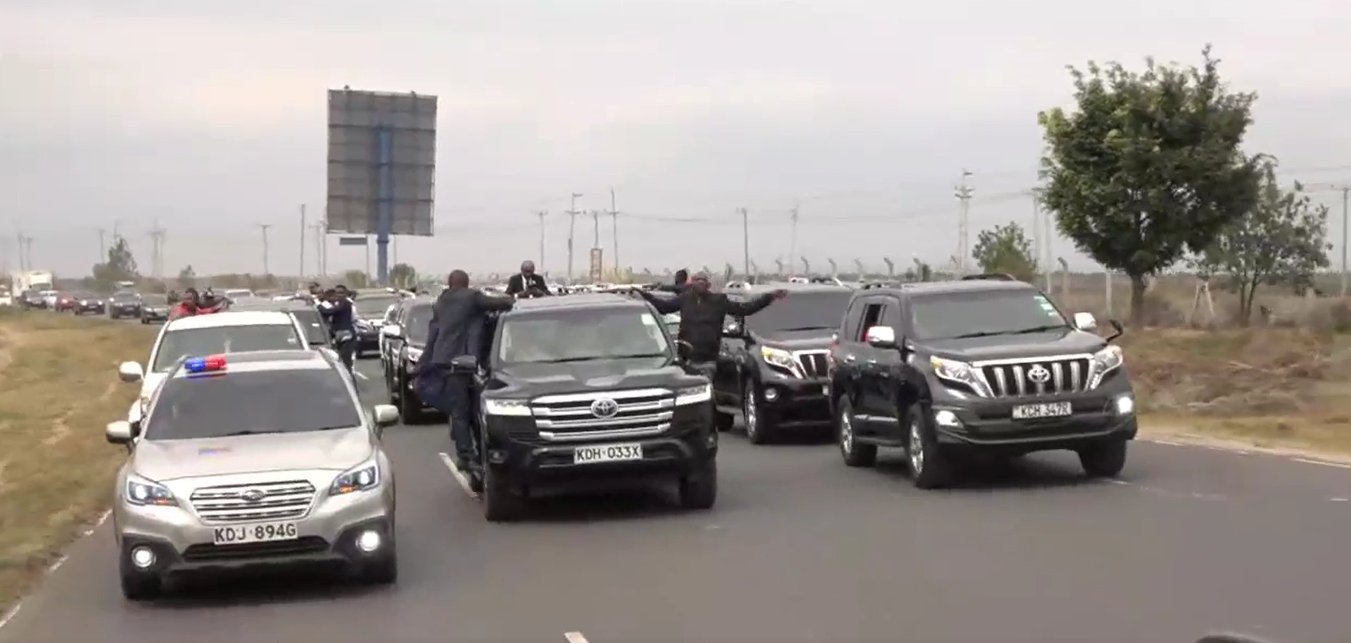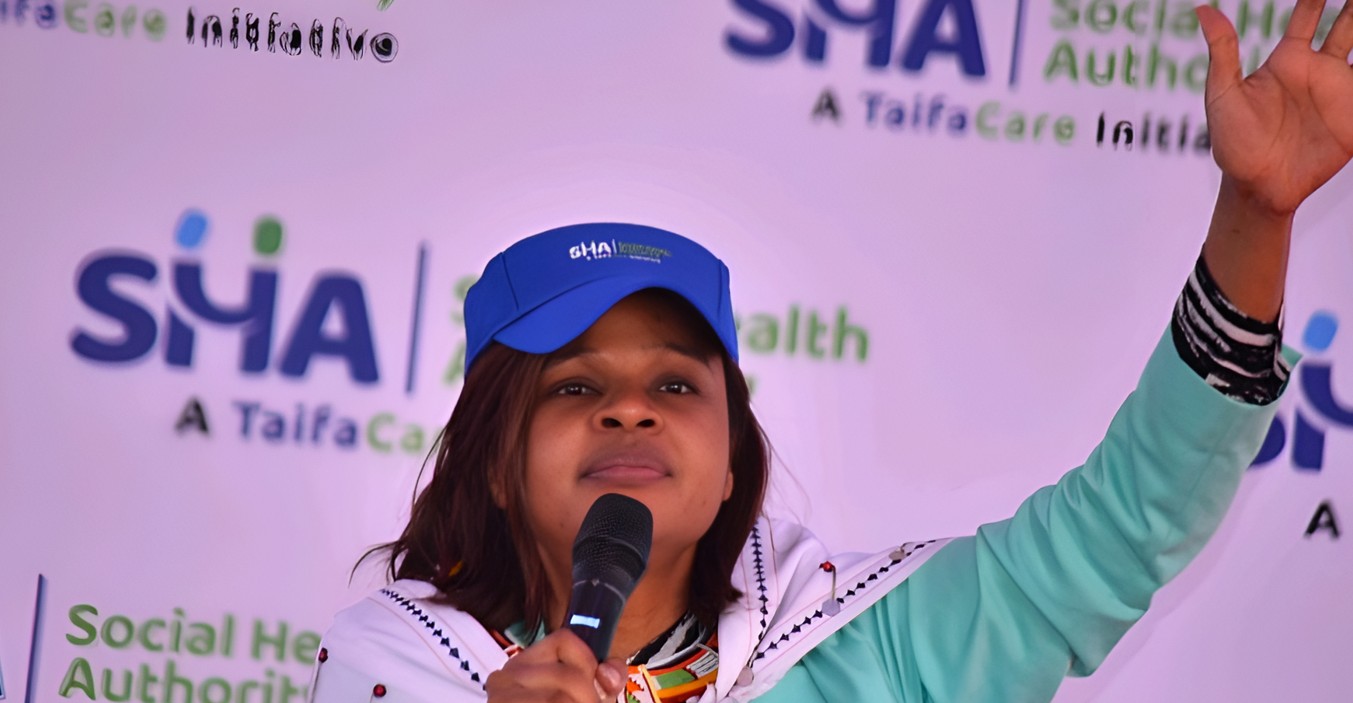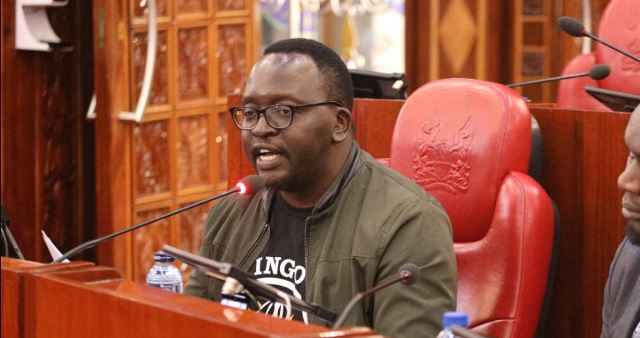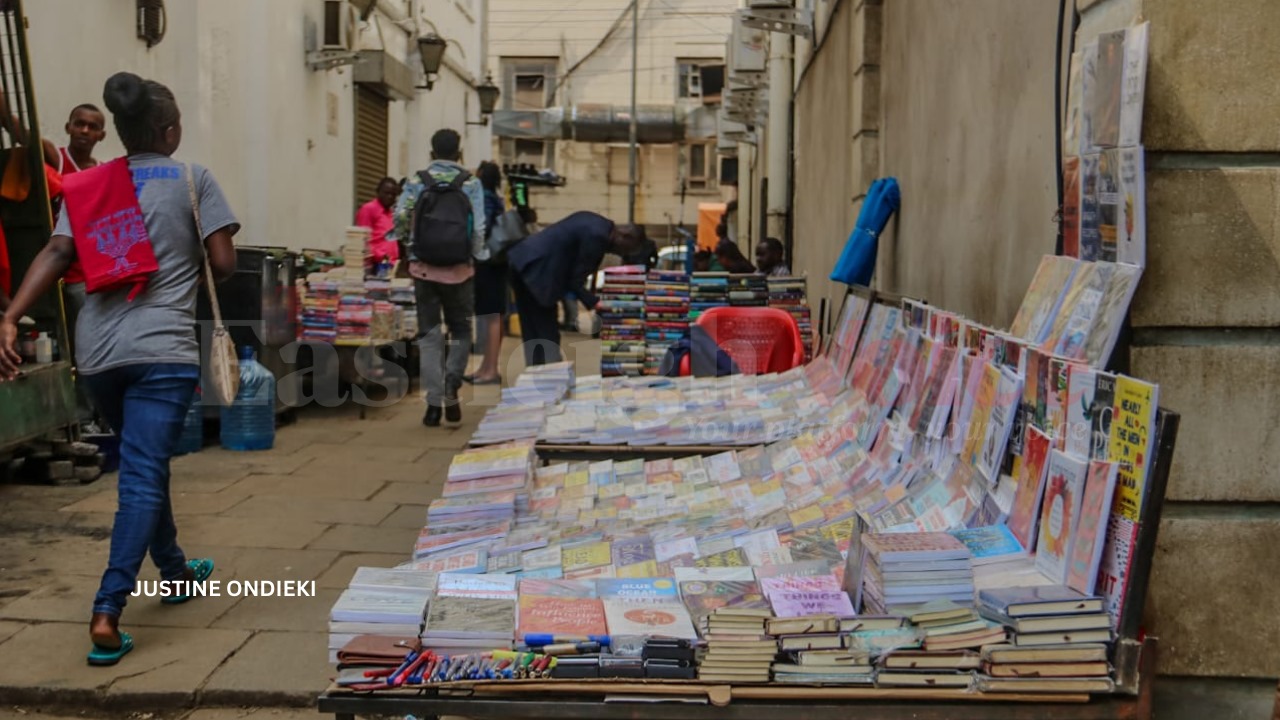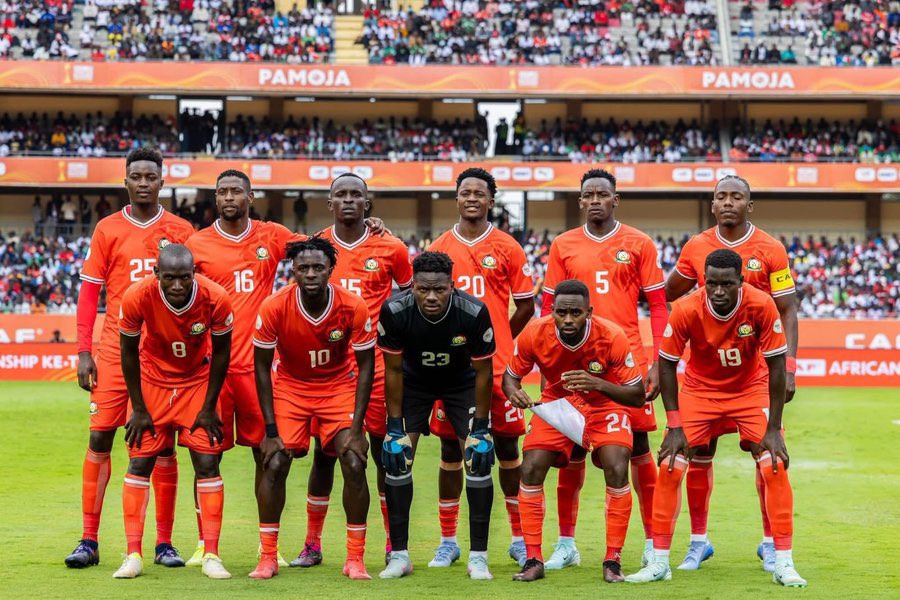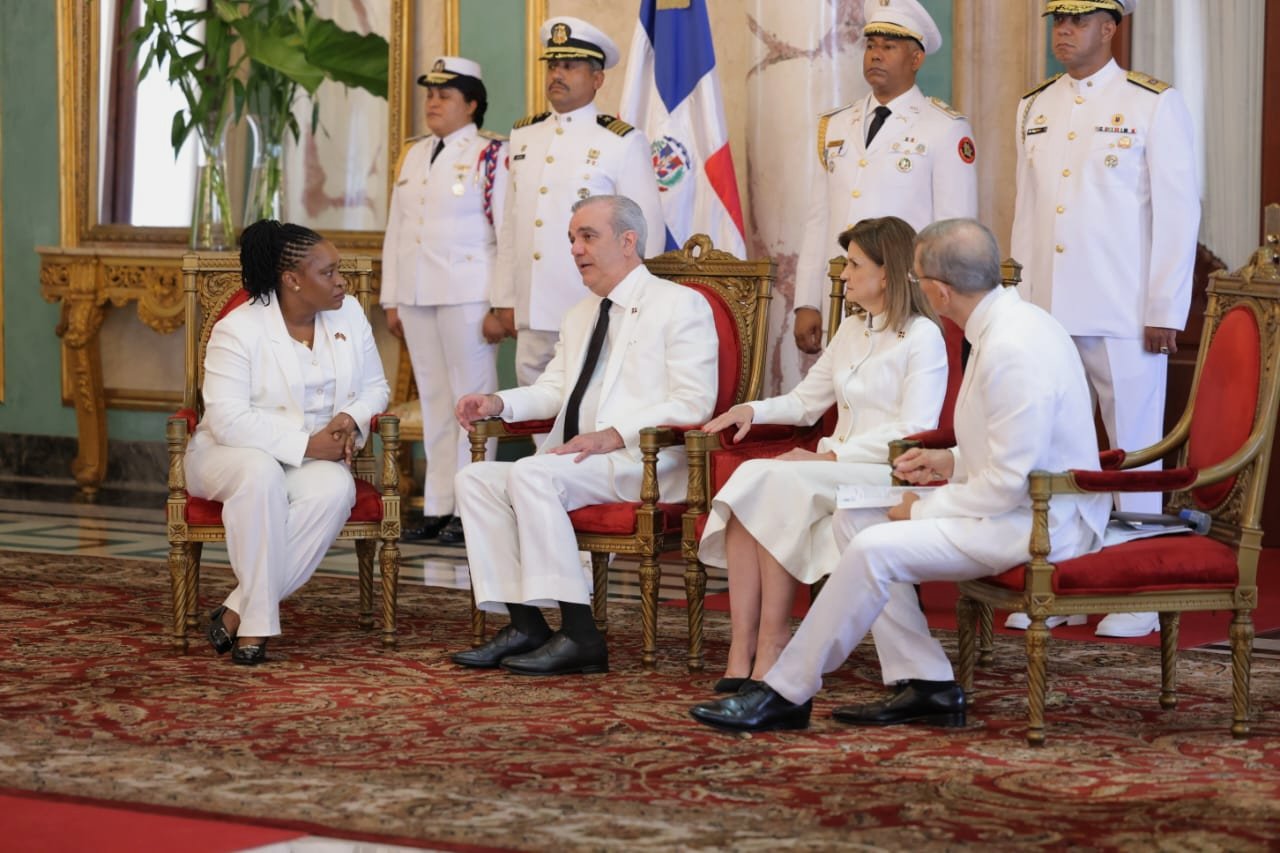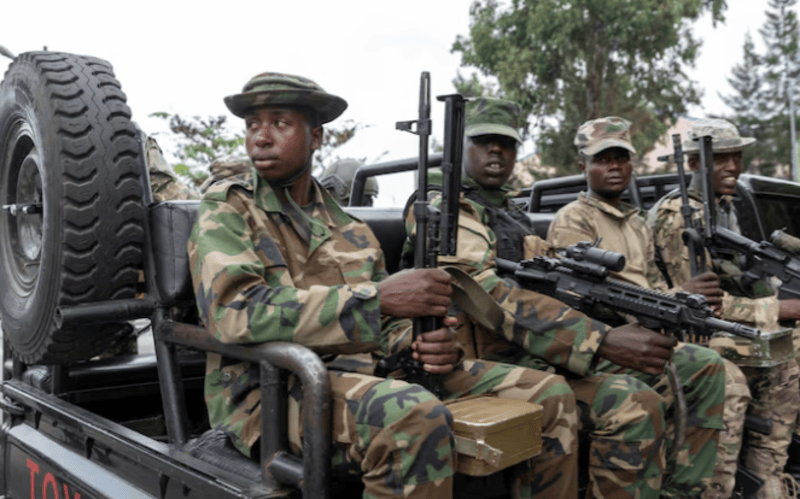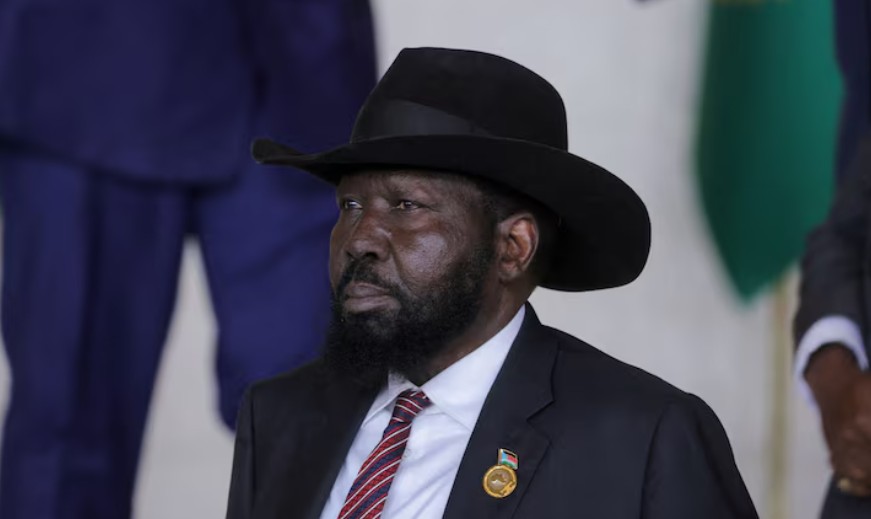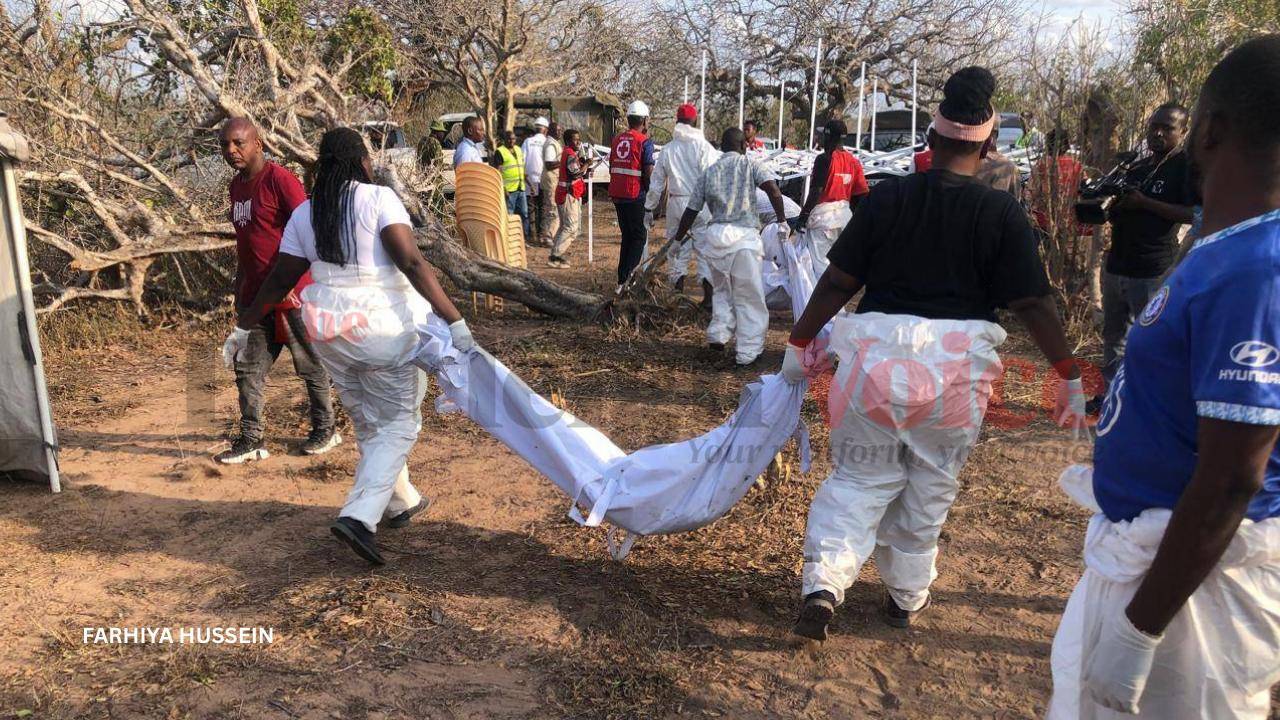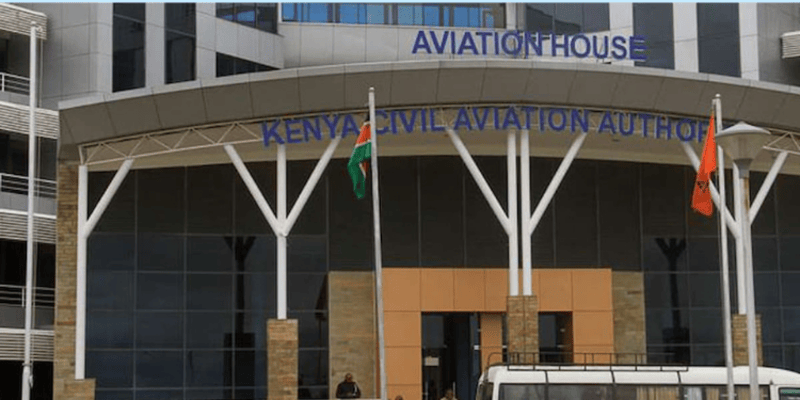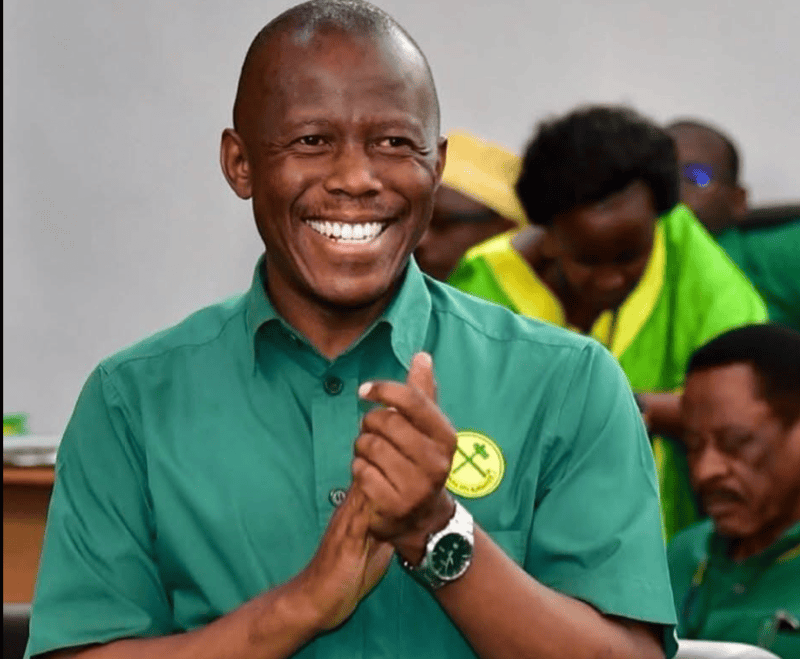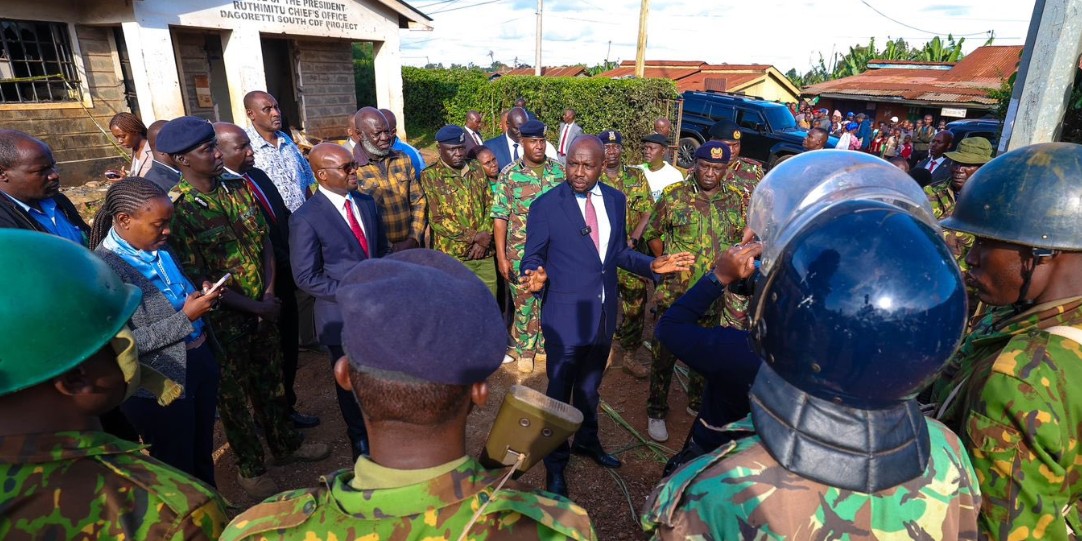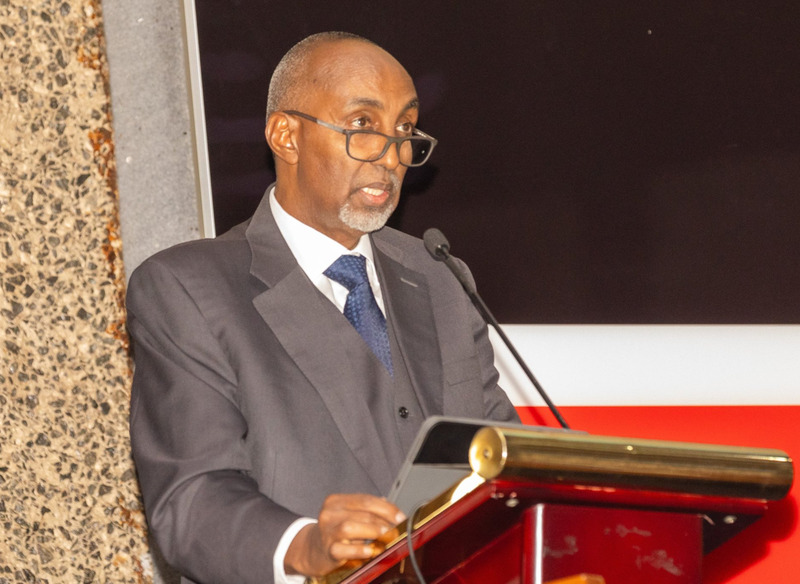Hunger crisis in DRC deepens as WFP calls for urgent global action
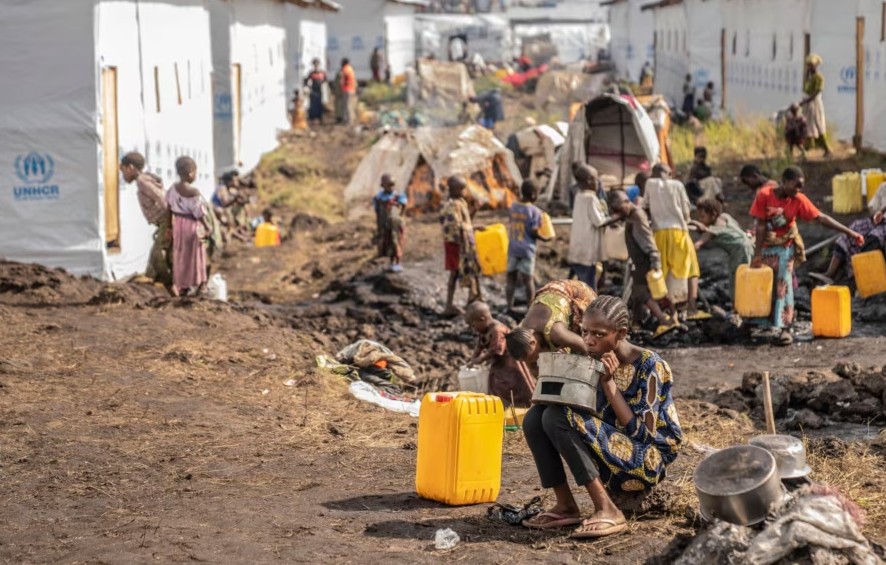
The agency is calling for immediate and coordinated action from local, national, and international partners to address what it describes as the most serious hunger emergency the DRC has ever faced.
The World Food Programme (WFP) has raised the alarm over a worsening humanitarian crisis in the Democratic Republic of the Congo (DRC), where nearly 28 million people are now facing severe hunger—the highest figure ever recorded in the country’s history.
The agency is calling for immediate and coordinated action from local, national, and international partners to address what it describes as the most serious hunger emergency the DRC has ever faced.
More To Read
- DR Congo conflict: Why peace talks with M23 rebels are stalling despite Doha deal
- DR Congo: UN condemns deadly attacks in the east of the country
- M23 casts doubt on DRC peace efforts after skipping Qatar talks
- Kenya clarifies nomination of Consul-General to Goma following pushback from DRC
- Madagascar President Andry Rajoelina takes over SADC chairmanship amid Congo crisis
- DRC rejects Kenya’s consul appointment to Goma, citing International law
WFP’s Regional Director for Eastern and Southern Africa, Eric Perdison, stressed the urgency of a united response.
“The world doesn’t seem to respond to the situation in the DRC with the same seriousness it gives to other global crises,” Perdison said, pointing to the severity of the hunger emergency in a country rich in mineral resources and home to the world’s second-largest rainforest.
According to the WFP, ongoing violence in the eastern regions, particularly in North and South Kivu, Ituri, and Tanganyika provinces, has driven a sharp increase in displacement and food insecurity.
Over 7.8 million people have been forced from their homes, while nearly 8 million people in the eastern provinces alone are now experiencing acute hunger—a 21 per cent rise since December.
An additional 2.3 million people are enduring emergency levels of hunger, classified as IPC Phase 4.
“We need all partners — at the local, national, and international levels — to come together,” said Eric Perdison, WFP Regional Director for Eastern and Southern Africa, as he urged greater coordination among governments, aid agencies, and humanitarian organisations working in the region.
He added that governments with influence must speak out and bring global attention to the situation in the DRC.
“This crisis has been overlooked for too long. It’s time for the international community to stand with the people of the DRC and respond to their urgent needs.”
WFP warned that unless more funding is secured soon, it may be forced to cut food assistance to nearly half of the people it currently supports.
The agency urgently requires US$433 million (approximately Sh56 billion) to maintain its emergency operations through October 2025.
Despite challenges including poor infrastructure and dangerous security conditions, the WFP has already provided food and nutrition assistance to more than one million people this year. It also supports pregnant and nursing mothers, school feeding programmes, and livelihood recovery efforts for displaced families.
Perdison, who began his career with WFP in the DRC two decades ago, noted that while peace remains fragile, the resilience and hope of the Congolese people endure.
He emphasised that sustainable development and long-term peace would only be possible through greater international support and government engagement.
“The peace fault lines keep shifting, the purse strings are definitely smaller - but the will and strength of the people remain the same,” he said.
“The longer-term goal should be working towards sustainable development,” Perdison said, “and that requires buy-in of the Government and all the actors involved.”
Top Stories Today

